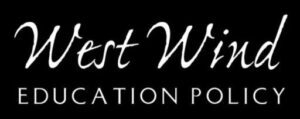On Teaching Ferguson Part One
Recently, a University of Iowa grad student invited me to speak at a panel titled Teaching Ferguson: Race, Riots and Critical Reflections for Classroom Teachers. The invitation was timely, as I’d just read an editorial from Michelle Alexander, an author and criminal justice reform advocate. Michelle describes challenges she encountered as she told her 10-year-old son about Ferguson. Several questions popped when I finished the editorial. How can adults best facilitate a conversation about Ferguson and related topics with youth, some of who are too young to grasp the dimensions of this issue? And for those who can grasp the gist of Ferguson, what can educators do to accurately convey the subject in a manner that is respectful and values differences of opinion? Another event required my attendance, so I was unable to appear at the panel. This blog captures my talking points. Continue reading “On Teaching Ferguson Part One”


